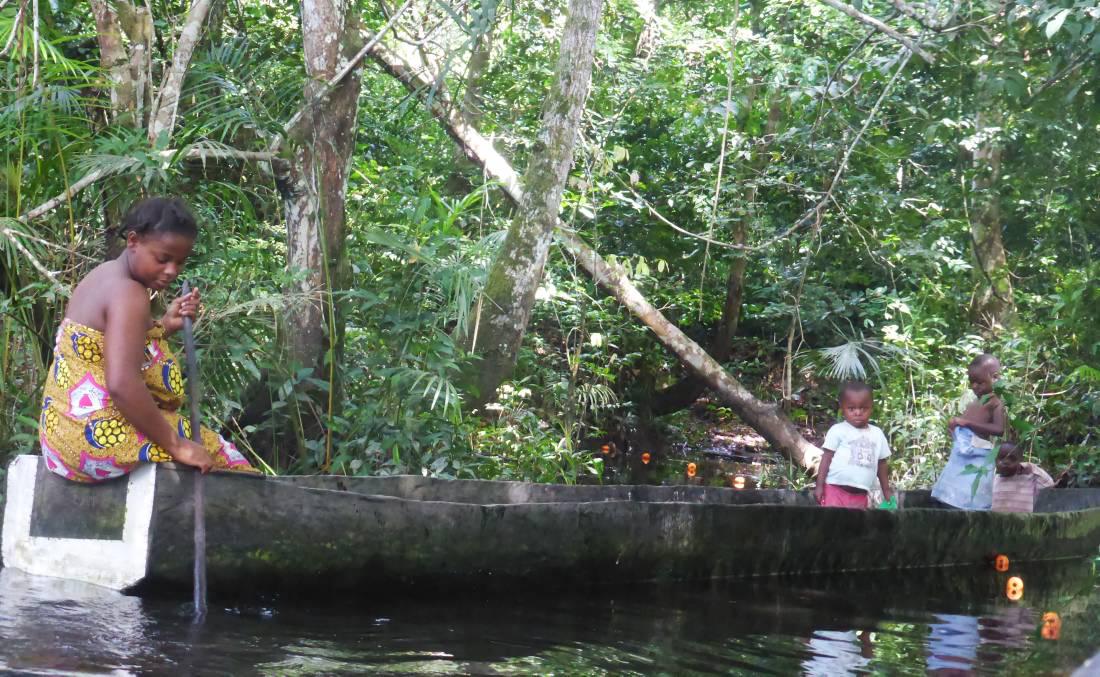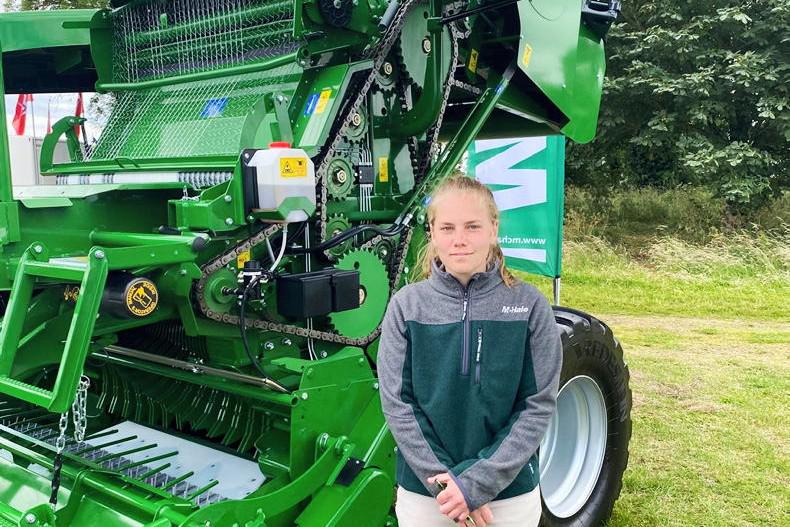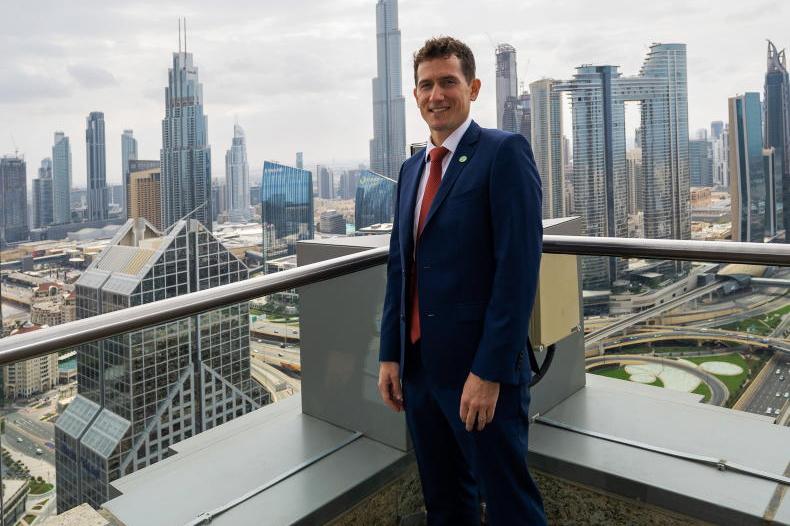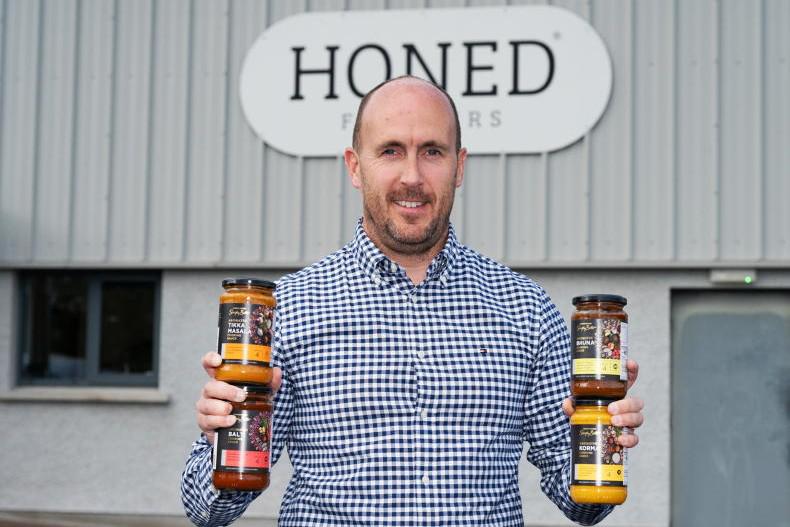Have I mentioned how amazing the animals are here? I have? Okay then, perhaps it’s time to explore one of the other wonders of Africa – the people.
Despite being a zoologist, I must admit that I find the Gabonese people just as interesting as any of the animals I’ve come across here. Their customs and traditions are so diverse I could write a book about them. For now thoug, I’m going to focus on some of the difficulties many of them face. I’m fortunate to get a glimpse into their world, but it’s not always a pretty sight.
Living conditions
I’ve seen houses here that Irish farmers would refuse to put their cattle in. A lot of them are built out of mud and sticks with a sheet of tin here and there. They are small, dark and gloomy and rarely have running water or electricity.
Water is collected from streams, which is often a few miles walk away, where locals also wash their clothes, cooking utensils and themselves. It’s quite a sight to see dozens of Africans splashing about in these communal watering holes, lathering themselves up and rinsing themselves off. On the very hot, humid days, I feel inclined to jump in myself. One of these days perhaps I will (and I won’t have to pay any water charges!).
As far as their diets are concerned, nobody seems to be starving but most of them could do with a good, nutritious feeding. A lot of the children waddle about with bulbous bellies clearly suffering from malnutrition.
Health
And that leads me onto the subject of their health. There is a surprisingly modern hospital in the local town of Makoko,u but of course only those who can afford treatment benefit from the facility. As a result, the waiting rooms are often empty. One of our guides, a young man called Jono, contracted malaria recently. He had just been paid his salary and despite having enough money to pay for treatment he decided to forgo it, reasoning that he had far more important things to spend his money on. Fortunately he is now fully recovered.
It seems Jono’s views on health care are quite typical for this part of the world; if you’re healthy, well and good, but if you’re not, it’s not worth spending good money just to get better. We in Ireland may think of our health as our wealth but here in the poorest parts of Gabon it’s just another, sometimes unnecessary, expense. On a couple of occasions, we’ve had guides who rightfully decided not to come into work because of the death of one of their children. After a single day of mourning they were back as usual. Here, death is just another part of life.
Poverty
Yet, I believe their biggest issue of all is that they are trapped in the vicious circle of poverty. There is almost no escaping it. There are schools here and the people are educated. However, those who actually find jobs earn roughly the equivalent of €8 a day.
These are often hard-working, intelligent people who will never achieve their full potential in life because their measly wages barely cover the cost of feeding their families. They will never earn enough money to see the world outside of Africa, perhaps not even the world outside of their small villages. To have to walk to get your water is one thing, but to have to live without the possibility, no matter how hard you try, of ever achieving a better life for yourself or your children is, in my opinion, the cruelest thing of all.
Having said all that, I was asked recently if I feel guilty living here, considering my relatively privileged life. I gave the question some thought and eventually decided that I don’t. Yes it’s true that life is hard for people here, and yes it’s true that they don’t have as many opportunities as I do. I’m typing out this sentence on a laptop that cost more money than some Gabonese people will see in a lifetime, but no I don’t feel guilty.
On a certain level, I actually feel envious. People here take what they’ve been given in this life, little and all as that may be, and they make the most it. In many ways, their simple lives are more fulfilling than we in the First World can ever imagine.
While we’re all so busy running about earning money - a vicious circle just as entrapping as that of poverty - the women here sit around on the dusty ground chatting vigorously and leisurely peeling potatoes, the men meander into the forest in search of something tasty for dinner, the children run around barely dressed without a care in the world.
I saw a child once whizzing down a dusty path on one roller blade, the other foot bare and tucked in behind his knee. He had a smile on his face so wide that even if he had the second blade it could not have widened it any further. I don’t think I’ve ever seen a happier human being. I’ve come to realise that underneath all of their struggles bubbles a happiness that exists only because of the simple, uncomplicated lives they lead. Surely that’s all that really matters?










SHARING OPTIONS